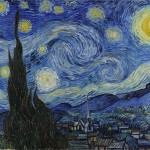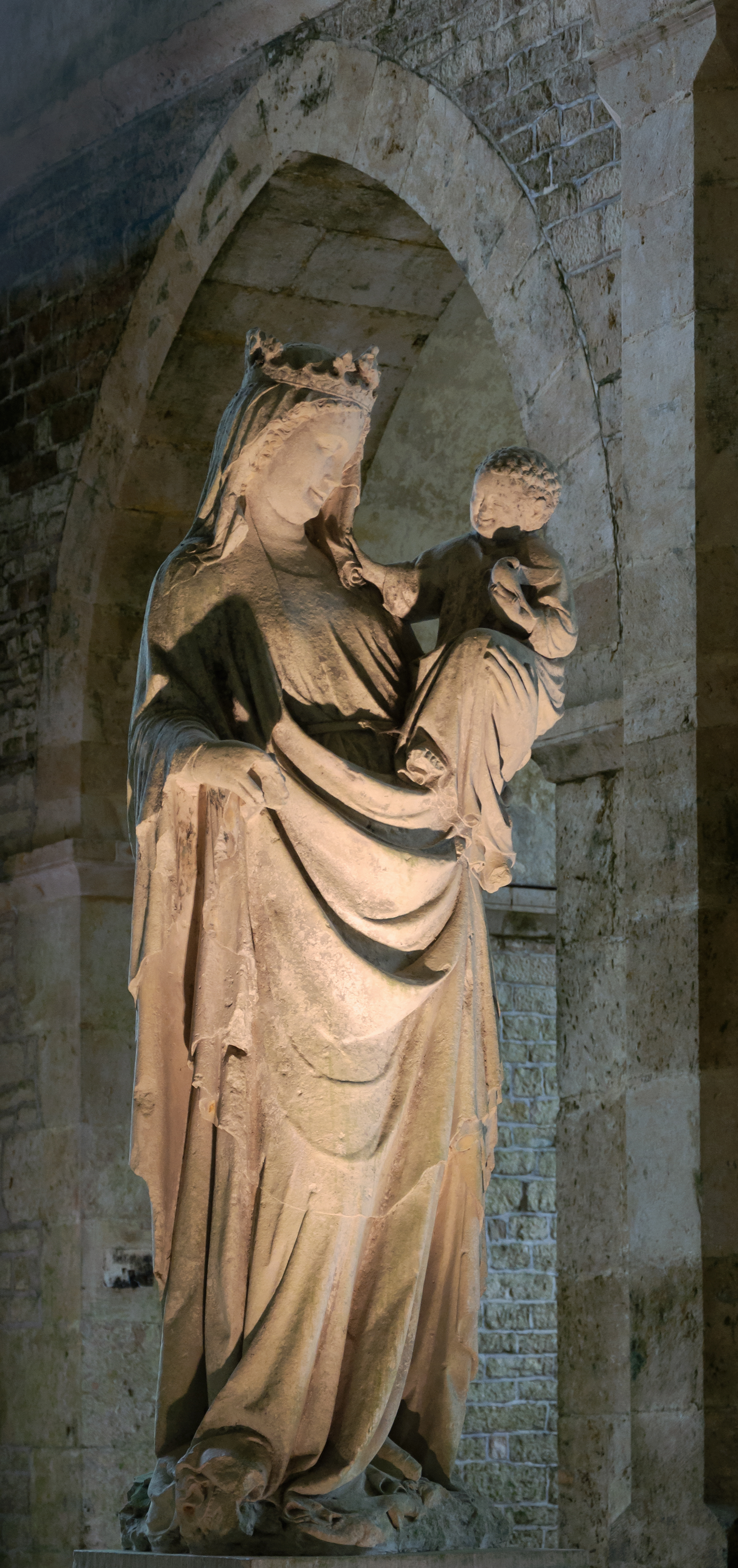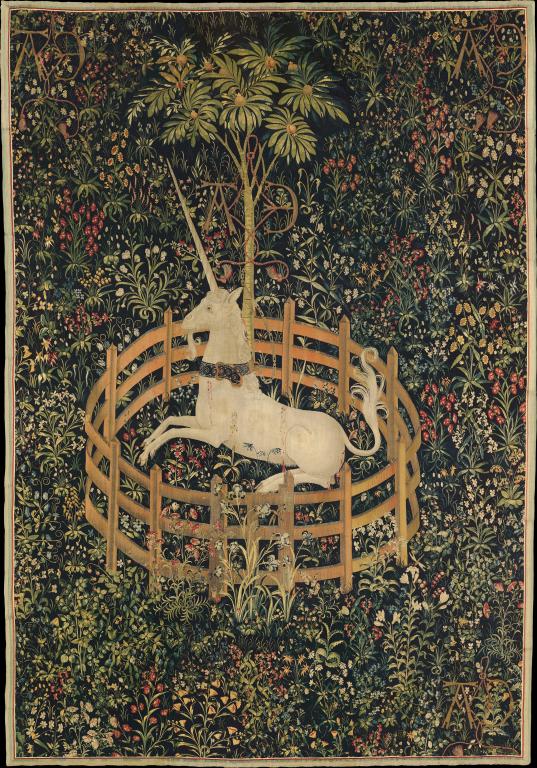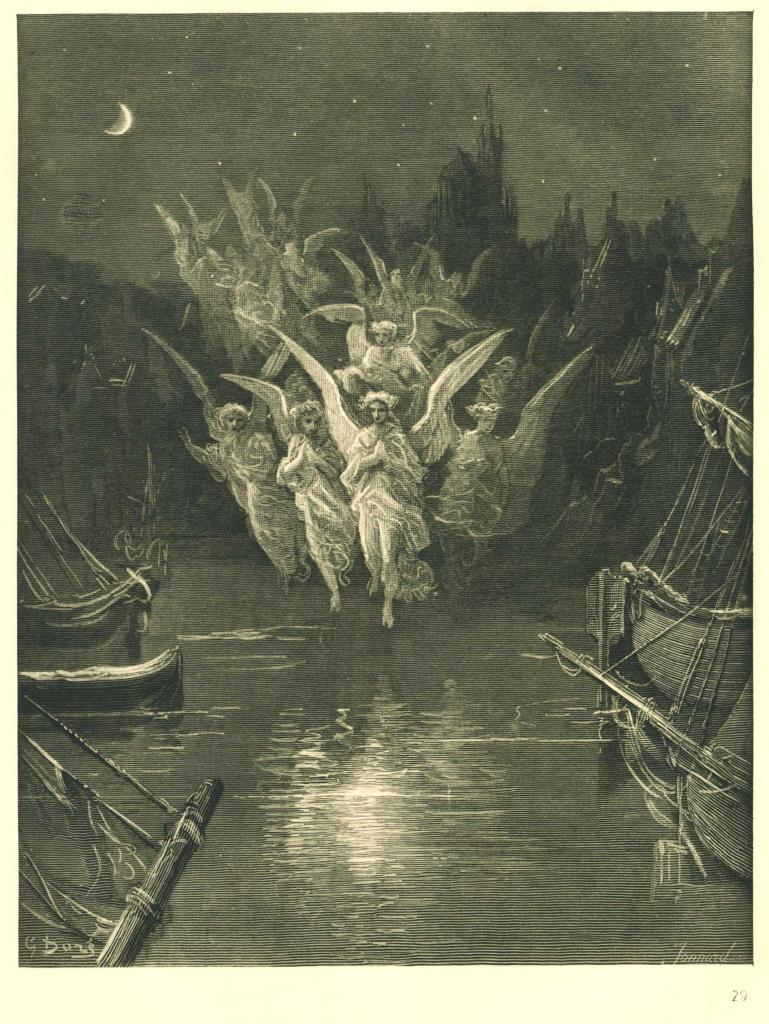David Russell Mosley
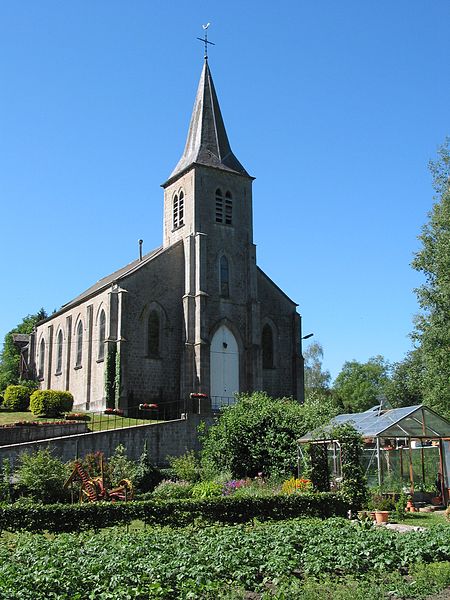
Lompret, (Belgium), the St Nicolas’ church (1879)
Ordinary Time
5 September 2016
The Edge of Elfland
Hudson, New Hampshire
Dear Readers,
As part of my research for my upcoming paper on Thomas Aquinas and the Eucharist, I have been re-reading Josef Pieper’s book Leisure the Basis of Culture. It was actually this book that first gave me the idea for my paper about the relationship between the meals we eat and the Eucharist being similar to that of we ourselves as human beings and the incarnation of God in the person of Jesus Christ. Many things have stood out to me on this reading of Pieper’s excellent text and I wanted to share one of them with you.
Pieper writes:
The sphere of leisure, it has already been said, is no less than the sphere of culture in so far as that word means everything that lies beyond the utilitarian world. Culture lives on religion through divine worship. And when culture itself is endangered, and leisure is called in question, there is only one thing to be done: to go back to the first and original source (71).
For Pieper one of the key ways, if not the key way of returning to a right relationship between leisure and work is to create space for leisure. One of the key ways to do this, as I read Pieper, is to return to a true sense of celebration through divine worship. Throughout his book, Pieper makes this central argument: leisure is the basis of culture (anything that is done for its own sake and not for some utilitarian end); celebration is the basis of leisure; divine worship is the basis of celebration; and the Eucharist is the basis of divine worship. So, in a sense, what Pieper is saying is that to go back to the first and original source is to return to the Eucharist.
Pieper goes on to write:
Leisure cannot be achieved at all when it is sought as a means to an end, even though that end be “the salvation of Western civilization”. Celebration of God in worship cannot be done unless it is done for its own sake. That most sublime form of affirmation of the world as a whole is the fountainhead of leisure (72).
In essence the only way to return to the right relationship between leisure and work cannot to be done through work. We cannot make efforts to reinstitute practice A in order to result in B. These things must be done because we believe them to be true and worth doing whatever the results may be. This makes me think of three things I’d like to share with you.
The first is the witness of Fr. Jacques Hamel. I wrote to you about him not long after he was martyred, his blood being poured out when he was preparing to pour out the blood of Christ for the forgiveness of many (including those who killed him). Here we see the possible results of our return to a right way of seeing the world, death. The world, when we use this word to mean the illegitimate kingdom of Satan, does not want us to return to a right way of seeing. So doing would overturn so much that is presently taken for granted. And so we must remember the witness of Fr. Jacques Hamel that this too could be our end for desiring the Good, the True, and the Beautiful.
The second and third things go together. A friend on his Facebook page commented on the nature of the work set before us in order to return to a right a vision of the world. He wrote something along the lines of, we’ve got our work cut out for us; I’m going to go plant some onions (or some other such delicious food). His point was to draw a direct connection between the work cut out for us and the growing of food. It is true that Pieper would not view, I think, self-subsistent farming as part of leisure. Few if any people grow vegetables just for the sake of growing vegetables. Rather they grow them for eating. Still, there is something about re-connecting our selves to the sources of our food that can incline us more to celebration (and besides, David Jones would certainly see farming as an art even if it is also work).
This leads me to a section I frequently mention from C.S. Lewis’ That Hideous Strength. At this point in the story evil has been defeated and yet the source of its defeat could be difficult to suss out. Most of the people “involved” really did very little to bring it about. One character, the resident skeptic, gives voice to this, after another talks about how the story of these events will include no mention of them or Merlin:
“‘Aye,’ said MacPhee, ‘and it could be right good history without mentioning you and me or most of those present. I’d be greatly obliged if any one would tell me what we have done––always apart from feeding the pigs and raising some very decent vegetables'” (THS 368).
He is told that this group has “‘done what is required of them'” and the lion’s share of that has been to be in community with one another. Even this very conversation takes place toward the end of a feast. This, I think, is what Pieper is getting at. These men and women did not return to a right view of the cosmos in order to defeat evil, but because it is right. This involved for most of them simply living life as one ought to live it, in close connection with the earth, each other, and God. It had the effect of so equipping them when there was action to take on their part and this helped them in the defeat of that Hideous Strength, but they did not come to this view of reality with only that in mind. Even if the group formally disbanded after Ransom’s ascension (as in they ceased living together), they would not, or should not, cease to believe in Maleldil and the eldila.
In many ways this has been my project for some time now, to help us reclaim this kind of vision. I often talk about it in terms of enchantment or elfland or sacramental ontology; sometimes as liturgy and the Church Calendar. Whatever we call it, however, we need to return to it, we need to be faithful. This may cost us dearly, as it did Fr. Hamel. It may, in the mean time cost us little more than effort. It may even cause us to win great victories for the soul of the world over against Satan’s rebellion. But this matters very little. What matters is our faithfulness, our recognition that leisure is the basis of culture, celebration the basis of leisure, divine worship the basis of celebration, and the Eucharist the basis of divine worship. Christ must be at the heart of all things. Everything else spins out from him. This is the way of seeing reality I would see reclaimed.
Sincerely,
David

